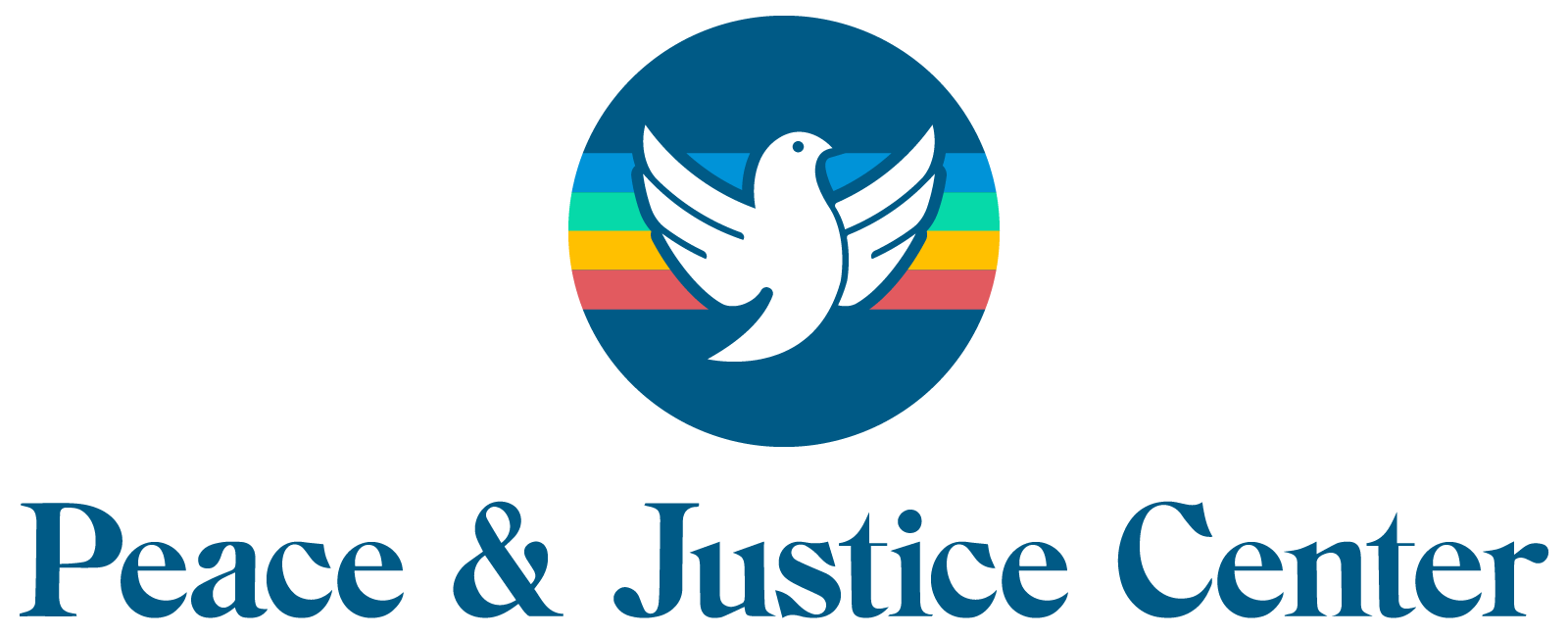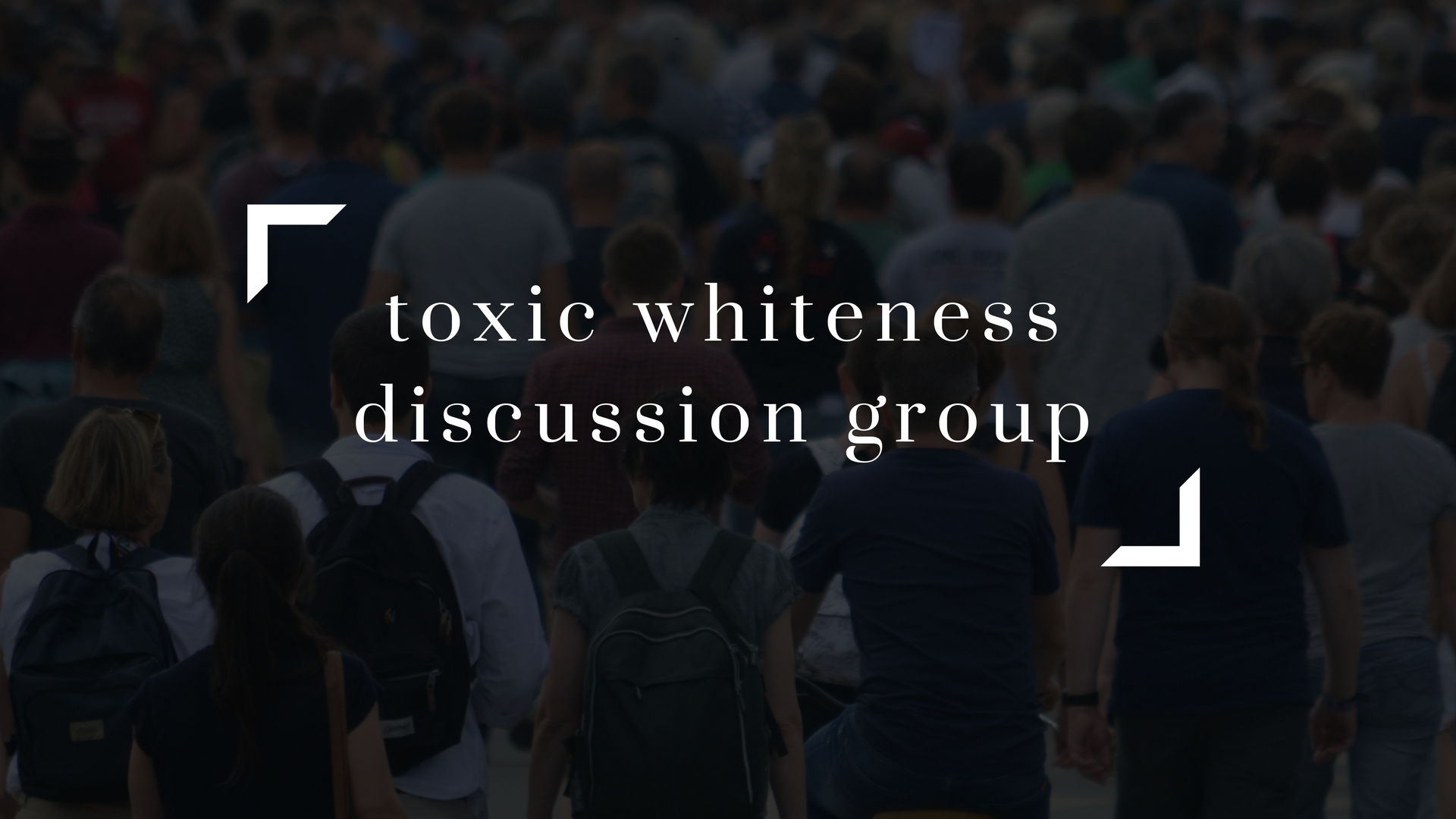When I started coming to the Peace and Justice Center’s Toxic Whiteness Discussion Group, I wasn’t sure what to expect. In my head I even scoffed at the idea of an intentionally white discussion — what good could that do us in Vermont, where most conversations center around white people anyway? It never seems appropriate to discuss white pain when people of color are facing threats ranging from constant microaggressions to physical and lethal violence.
Yet in an increasingly diverse Vermont, white allies need to ensure that we’re prepared to deal with the damage racism causes us too. Ignoring how racism affects us hinders our ability to be strong, supportive allies. I didn’t allow myself to realize my own pain until I began attending this group. Not that it’s all about us of course — this group aims to provide a space where white people can discuss racism without burdening people of color so that when we are in multiracial spaces, we do not take up emotional space.
Our conversations are casual and intimate, shared between a few regular participants and new drop-ins. We usually begin by reading and discussing a short article together. People ask about each other’s experiences interacting with racism as we share personal anecdotes. The Toxic Whiteness Discussion group has broadened my definition of toxic whiteness while inspiring me to ask hard questions: is it selfish to consider the effect of racism on me? How do I appropriately acknowledge racism to my friends of color? My questions are never answered, but articulating them with others leaves me with a better sense of the work I have left to do and the knowledge that others are fighting with me.
– Kit Reese, friend of PJC
Please see this article to get more of a sense of how racism does in fact hurt us all. Click here for more information on the PJC’s Toxic Whiteness discussion group. Be sure to join us for our next discussion group on Thursday, March 8 from noon-1 at the PJC.

